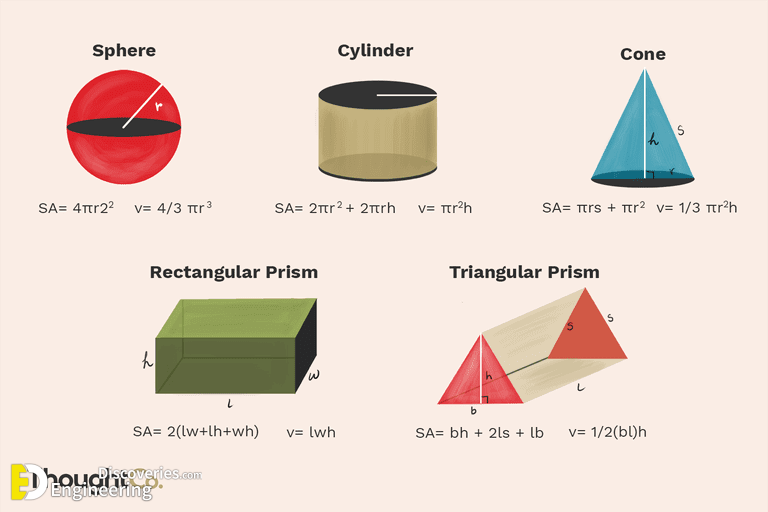

The fourth nail was supposed to enter Christ’s heart. One nail was for the left hand, one for the right hand and one for the feet. But here is one way: 2,000-something years ago, there was a Romani blacksmith, and he was ordered to make four giant metal nails, which would be used to crucify Jesus Christ. The legend of the fourth nail can be told in a couple different ways. In fact, she wishes she could take back some of what she said that day because she’s worried about the impact that one desperate day could have all these years later. She’s no longer a panicked mom, either, willing to say just about anything to get custody of her daughters. As far as I could tell, Paulina was no scam artist. Years into my reporting, I never found that one central scam story I thought I was looking for. Each person had a specific lens they were using to focus on Paulina, their own reflection of what Paulina’s story meant.īut here’s the thing. Our culture’s changing now.įaith Pinho: There were so many ways to view Paulina’s story. Hey, I would’ve did it.įaith Pinho: And to others, it was a path forward for a culture that has been hidden too long.īrenda Lee: Don’t really see what’s the point in it anymore. Nasta Lee: She’s got to protect her kids. Nick Wildwood: You do this for the next hundred years, goodbye, Romani.įaith Pinho: To others, it’s a story of a desperate mother yearning to be free. Ian Hancock: Keep in mind that the Romani American population is not monolithic.įaith Pinho: To some, Paulina’s story is an example of the slow death of a culture. When I shined a light on it, I could see a whole spectrum. I combed through every claim Paulina made from her childhood, her marriage, her profession, her history, looking for the central story here.īut instead I discovered a story that changed color and dimension the more I turned it over. You’ll believe anything we say, you know what I mean? It’s horrible, but that’s how you get them.įaith Pinho: When we met in the cafe that day and Paulina gave me the highlight reel of all the most salacious things that would intrigue a journalist, I thought that maybe there was some egregious scam story to uncover. Paulina Stevens: Just like a person likes to be tricked by a magic trick. We don’t care.įaith Pinho: Paulina revealed how she used to draw in her clients: She spoke in a deeper, more serious voice, she’d notice clients’ body language and she’d point to the cards to keep their eyes off her. Paulina Stevens: You tell them little things, which, these things to us don’t matter whether we get them right or not. Podcasts What’s the value of fortunetelling? It dependsįortunetellers and other spiritual advisors are in the business of selling human connection and opportunities for introspection. I am a scam artist.įaith Pinho: That day in the cafe, Paulina seemed to be unapologetically spilling secrets about everything, including the ancestral trade that had sustained her family for generations: fortunetelling. At 12, it’s like you’re supposed to know who you’re getting married to.

Paulina Stevens: I got to go to school up to sixth grade.

So she was willing to tell me, a reporter, just about anything.

Going to the courts and going to the media are two of the biggest betrayals in her culture. I’ll live without you guys.”įaith Pinho: Paulina knew the repercussions of what she was doing. If I did do it the American way, they said, they’d disown me. Paulina Stevens: And I went against my family because my family didn’t want me to do things the American way. It was the most terrifying thing I’ve ever been through in my life.įaith Pinho: Paulina felt like her entire community was stacked against her, so she took extreme measures.


 0 kommentar(er)
0 kommentar(er)
